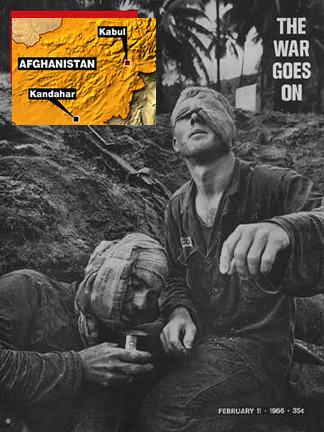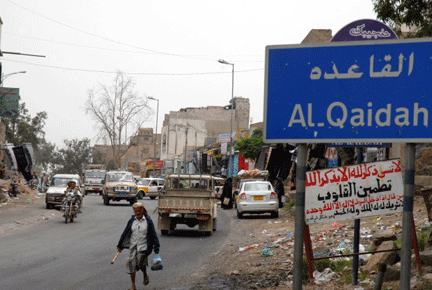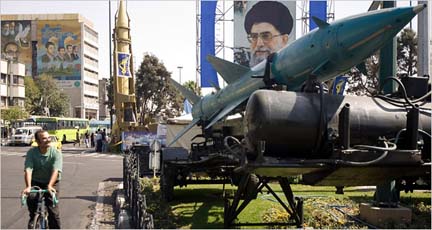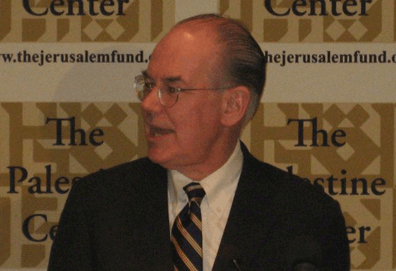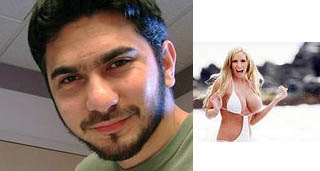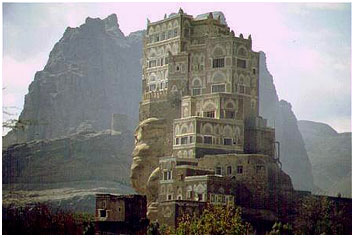
For the past week the American media has been fixated on an act of violence that has left six dead and wounded fourteen, including Arizona representative Gabrielle Giffords. Last night President Obama, in a stirring and emotional speech at a memorial service for the victims, urged Americans not to use this tragedy as a staging ground for the usual politics of blame:
But what we can’t do is use this tragedy as one more occasion to turn on one another. As we discuss these issues, let each of us do so with a good dose of humility. Rather than pointing fingers or assigning blame, let us use this occasion to expand our moral imaginations, to listen to each other more carefully, to sharpen our instincts for empathy, and remind ourselves of all the ways our hopes and dreams are bound together.
Beneath the brief aura of civility in this tragedy’s aftermath there lingers an ongoing current of uncivil rhetoric, fueled in large part by media pundits eager to gain an audience. The blame has already been assigned over and over again. In this particular case it appears that the killer, Jared Lee Loughner, was an emotionally disturbed individual who acted on his own. Thus, it is no surprise that a Tea Party icon like Kentucky’s newly elected senator Rand Paul would go on Fox News and remind us all: “But the weapons don’t kill people. It’s the individual that killed these people.”
It certainly is true that the Glock 9 mm pistol did not go off on its own, so obviously there is no need to punish the gun involved in this case, nor even the bullets used. The problem is that if we claim that guns don’t kill, we must also admit that guns don’t die either. Continue reading Guns don’t kill, neither do guns die
